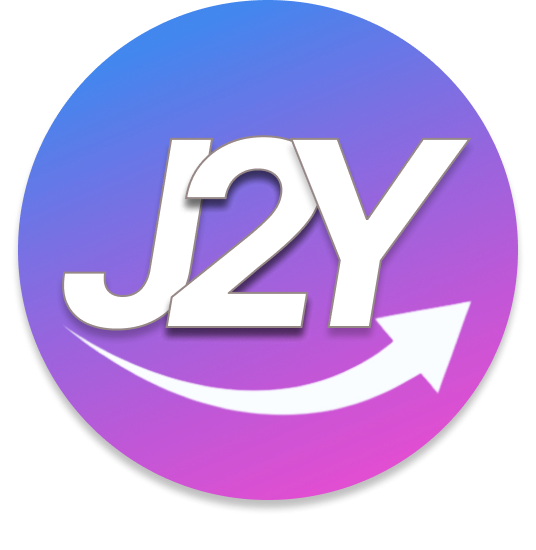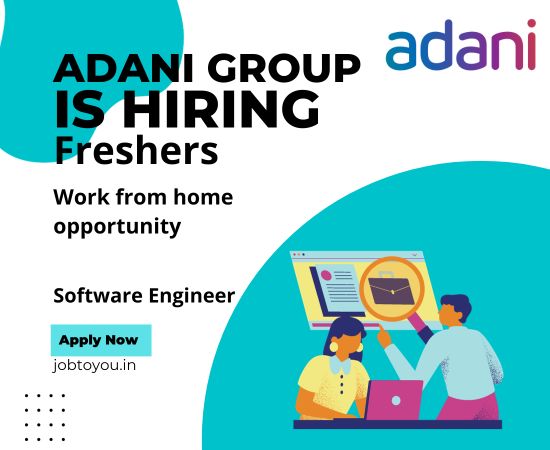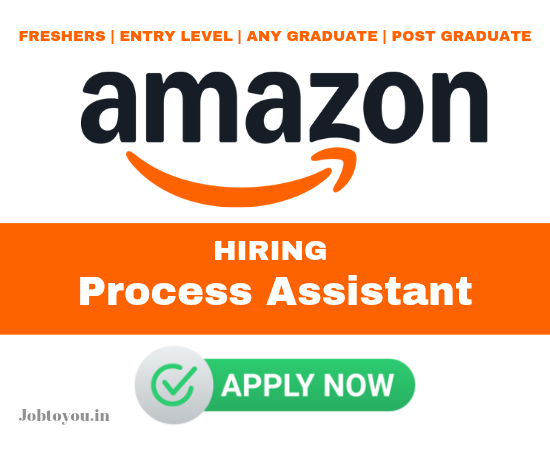About D Connects
Adani
D Connects is a leading software company in the None industry. We are committed to providing high quality solutions and services to our clients. Our team is made up of talented professionals who are passionate about innovation and exceptional results.
If you are a newbie and want to start your career as a software engineer, join us and become part of our dynamic and collaborative work environment.
Role and Responsibilities
- Work closely with experienced developers to design algorithms and flowcharts for software projects
- Creating clean and efficient code based on project specifications
- Integrate third-party software components and programs to create seamless systems
- Verifying and deploying programs and systems to ensure smooth operation
- Troubleshoot, debug, and update existing software for optimal performance
- Collecting and evaluating user feedback to improve the user experience
- Recommending and executing improvements to software features and user interface
- Preparation of technical documentation for reference and reporting purposes
Qualifications of the applicant
- Proven experience as a software developer, software engineer, or in a similar role
- Familiarity with agile development methodologies
- Experience with software design and development in a test-driven environment
- Knowledge of programming languages such as C, Java, and JavaScript, as well as frameworks/systems such as AngularJS and Git
- Experience with databases and object-relational mapping (ORM) frameworks such as Hibernate
- Ability to learn new languages and technologies as needed
Required Skills
- Software development
- Agile methodologies
- Test-driven development
- Coding languages: C, Java, JavaScript
- Frameworks/Systems: AngularJS, Git
About Adani Group
Adani Group is an Indian multinational conglomerate headquartered in Ahmedabad. The group was founded in 1988 by Gautam Adani as a commodity trading company and is now involved in port management, power generation and transmission, renewable energy, mining, airport operations, conservation and environmental protection, natural gas, food processing and infrastructure.
More than 60 percent of the Adani Group’s revenue comes from the coal business. At its peak, Adani was India’s largest conglomerate, surpassing Reliance Industries. Following allegations of fraud and market manipulation by short-selling firm Hindenburg Research, the company lost more than $104 billion in value.
History
Adani Exports Limited started as a commodity trading company in 1988 and expanded into import and export of various commodities. With a capital of 5 lakhs, the company was established as a partnership firm with flagship company Adani Enterprises, formerly Adani Exports. In 1990, Adani Group developed its own port at Mundra to provide a base for its trading activities.
Construction work at Mundra began in 1995, and in 1998 the company became the largest net foreign exchange earner in India Inc. The company began coal trading in 1999, followed by a joint venture in edible oil refining in 2000 with the establishment of Adani Wilmar.
In 2002, Adani handled 4 million tons of cargo at Mundra, becoming the largest private port in India. Later, in 2006, the company became India’s largest coal importer, handling 11 million tons of coal. In 2008, the company expanded its business and acquired the Bunyu mine in Indonesia, which has more than 180 million tons of coal reserves.
Continued
In 2009, the company began generating 330 MW of thermal energy. It also built an edible oil refinery in India with a capacity of 2.2 million tons per year.
In 2010, with the help of Petronet LNG, the Adani Group will build a fixed cargo port through a joint venture company, namely Adani Petronet (Dahej) Port Private Ltd. which has already started its operations in phase 1 at Dahej Port in August 2010. The fixed cargo port terminal will have facilities for import/export of bulk cargoes such as coal, steel and fertilizers. PLL holds 26% of the shares in this joint venture.
The Adani Group has emerged as India’s largest private coal mining company after Adani Enterprises acquired mining rights in Orissa in 2010. The operation of the Dahej port was started in 2011 and its capacity later grew to 20 million tonnes. The company also purchased the Galilee Basin mine in Australia with 10.4 gigatons (Gt) of coal reserves. More than 60 percent of the Adani Group’s revenue comes from the coal business.
Continued
In 2011, the Adani Group also bought the Abbot Point port in Australia with a handling capacity of 50 million tonnes. It commissioned India’s largest solar power plant with a capacity of 40 MW. With a capacity of 3,960 MW, the company became the largest private thermal power generator in India. In 2012, the company shifted its focus to three business areas – resources, logistics and energy.
In 2014, Adani Power became the largest private power generator in India. At that time, Adani Power’s total installed capacity was 9,280 MW. On May 16 of the same year, Adani Ports acquired Dhamra Port on the east coast of India for ₹ 5,500 million (equivalent to ₹ 88 billion or US$1.1 billion in 2023). Dhamra Port was a 50:50 joint venture between Tata Steel and L&T Infrastructure



